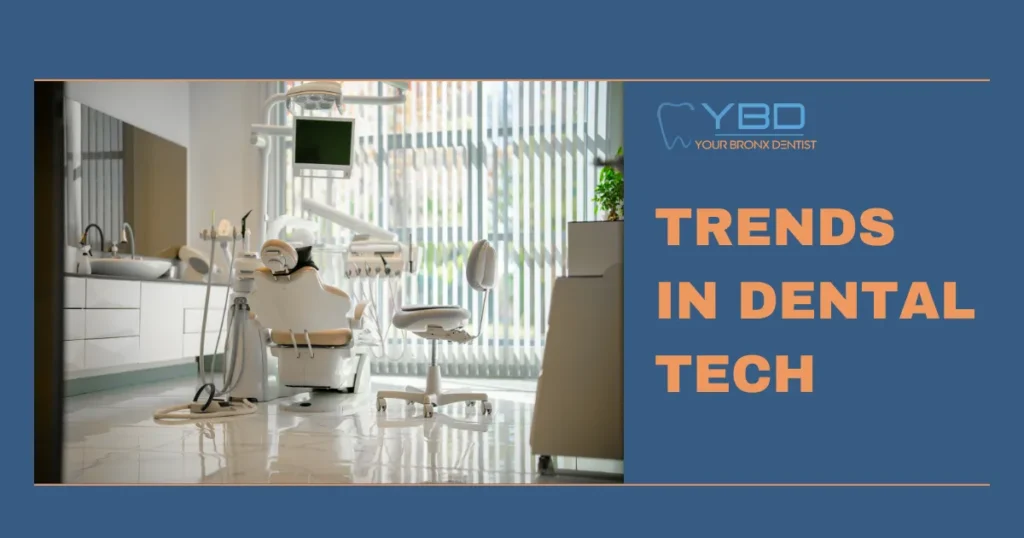
Embarking on the path to becoming a dentist is a commendable endeavor that requires dedication, hard work, and a passion for oral health. The journey to earning a Doctor of Dental Surgery (DDS) degree is a rigorous one that challenges aspiring dental professionals both academically and clinically. In this article, we will explore the demanding and rewarding path to graduating with a DDS degree. Our Bronx dentist Dr. Ebbie is highly trained and educated with an advanced DDS Degree and a specialization in dental implants.
Beginning the Journey to a DDS Degree
Undergraduate Education:
The journey toward a DDS degree typically begins with a bachelor’s degree. While there is no specific undergraduate major required, most dental school applicants complete rigorous pre-dental coursework in subjects like biology, chemistry, and physics. These prerequisites lay the foundation for the dental school curriculum.
Dental Admissions Test (DAT):
Aspiring dental students must excel on the Dental Admissions Test (DAT), a standardized test that assesses knowledge in natural sciences, perceptual ability, reading comprehension, and quantitative reasoning. Achieving a competitive DAT score is crucial for gaining admission to dental school.
Dental School Admission:
Getting into dental school is highly competitive. Applicants must submit their transcripts, DAT scores, letters of recommendation, and a personal statement detailing their passion for dentistry and relevant experiences. Admissions committees carefully evaluate each applicant’s qualifications before extending offers of admission.
Dental School Curriculum:
Once admitted, dental students embark on a rigorous curriculum that covers a wide range of subjects, including dental anatomy, oral pathology, pharmacology, and clinical dentistry. This curriculum is both academically challenging and time-intensive, often spanning four years.
Hands-On Dental Training with Real Patients
Clinical Experience:
Clinical training is a cornerstone of dental education. Students gain hands-on experience by treating patients under the supervision of experienced faculty members. This involves performing procedures such as fillings, extractions, and root canals. Developing clinical competence is a critical aspect of dental training.
The Final Chapter: Dentist Licensing and Examinations
Licensing Examinations:
Before graduating, dental students must pass a series of licensing examinations, including the National Board Dental Examination (NBDE) Part I and Part II. These tests assess knowledge and clinical skills. Additionally, each state has its own licensing requirements, which often include clinical board exams.
Residency or Specialty Training (Optional):
Some graduates choose to pursue additional education through residency or specialty training programs. This allows them to gain expertise in areas such as oral surgery, orthodontics, or pediatric dentistry.
Graduation and Licensing:
After successfully completing all academic requirements, clinical training, and examinations, dental students graduate with a DDS degree. To practice dentistry, graduates must obtain a state license by passing the required examinations and meeting other state-specific criteria.
The Importance of Lifelong Learning for Dentists
Dentistry is a dynamic field that constantly evolves with new technologies and techniques. Dentists are required to engage in continuing education to stay current with advancements in the profession and maintain their licensure.
Earning a DDS degree is a challenging yet rewarding journey that demands years of dedication and hard work. Dental students undergo extensive training and education to provide high-quality oral healthcare to their patients. The rigorous path to a DDS degree is a testament to the commitment of dental professionals to excellence in their field, ensuring that they can deliver the best possible care to those they serve.
About the Author:
$150 New Patient Special
Includes Exam, Cleaning & X-Rays. Request an appointment below:


